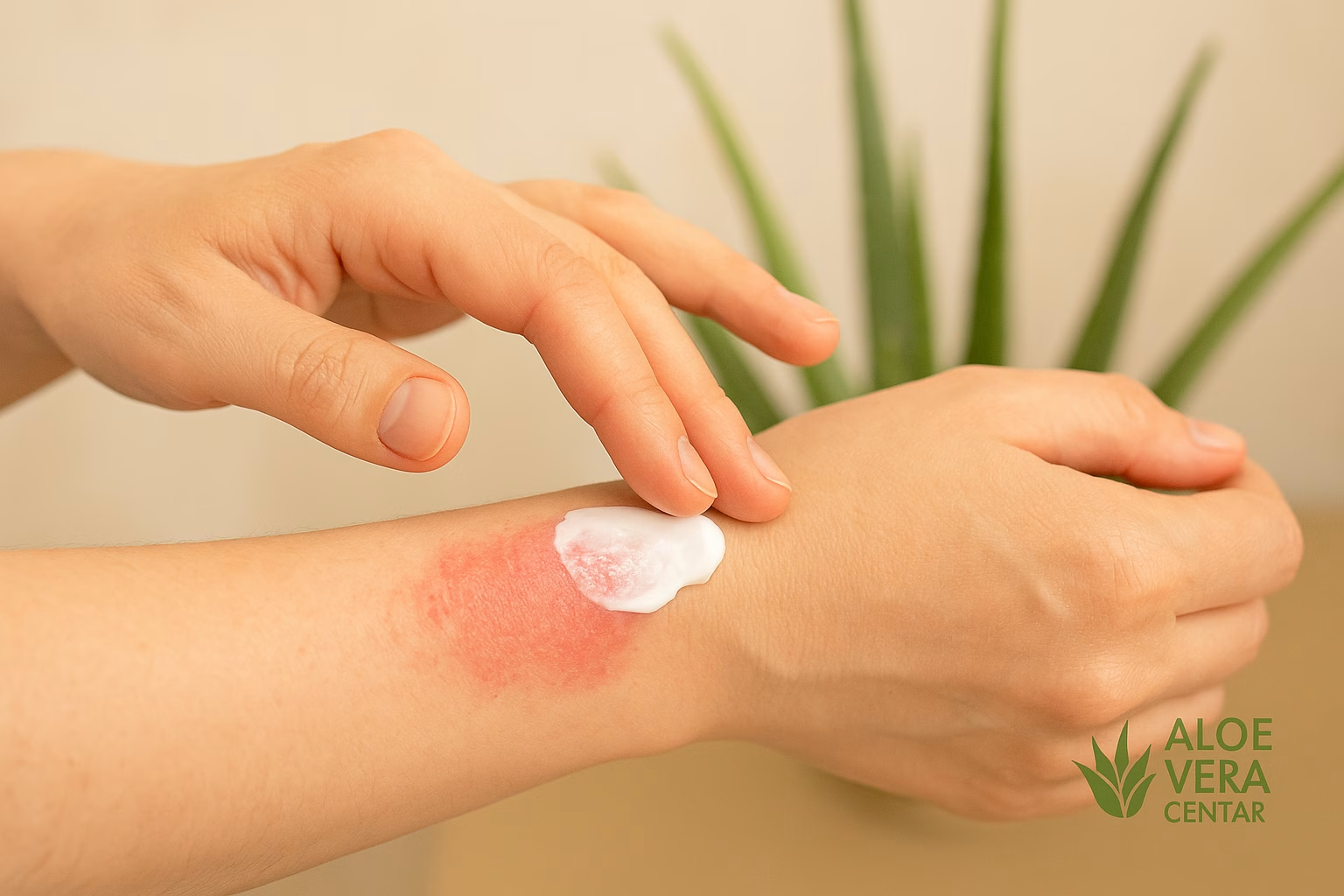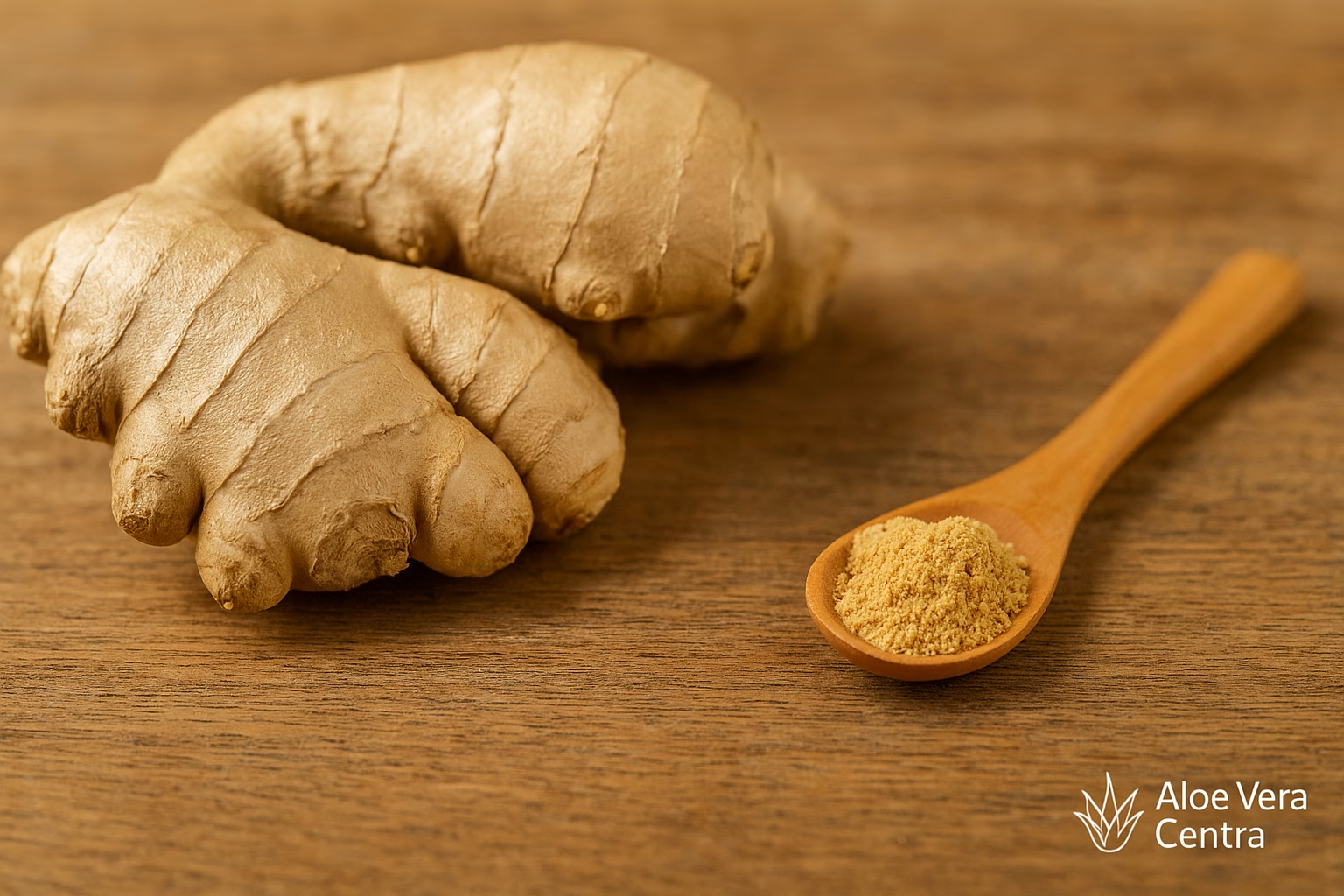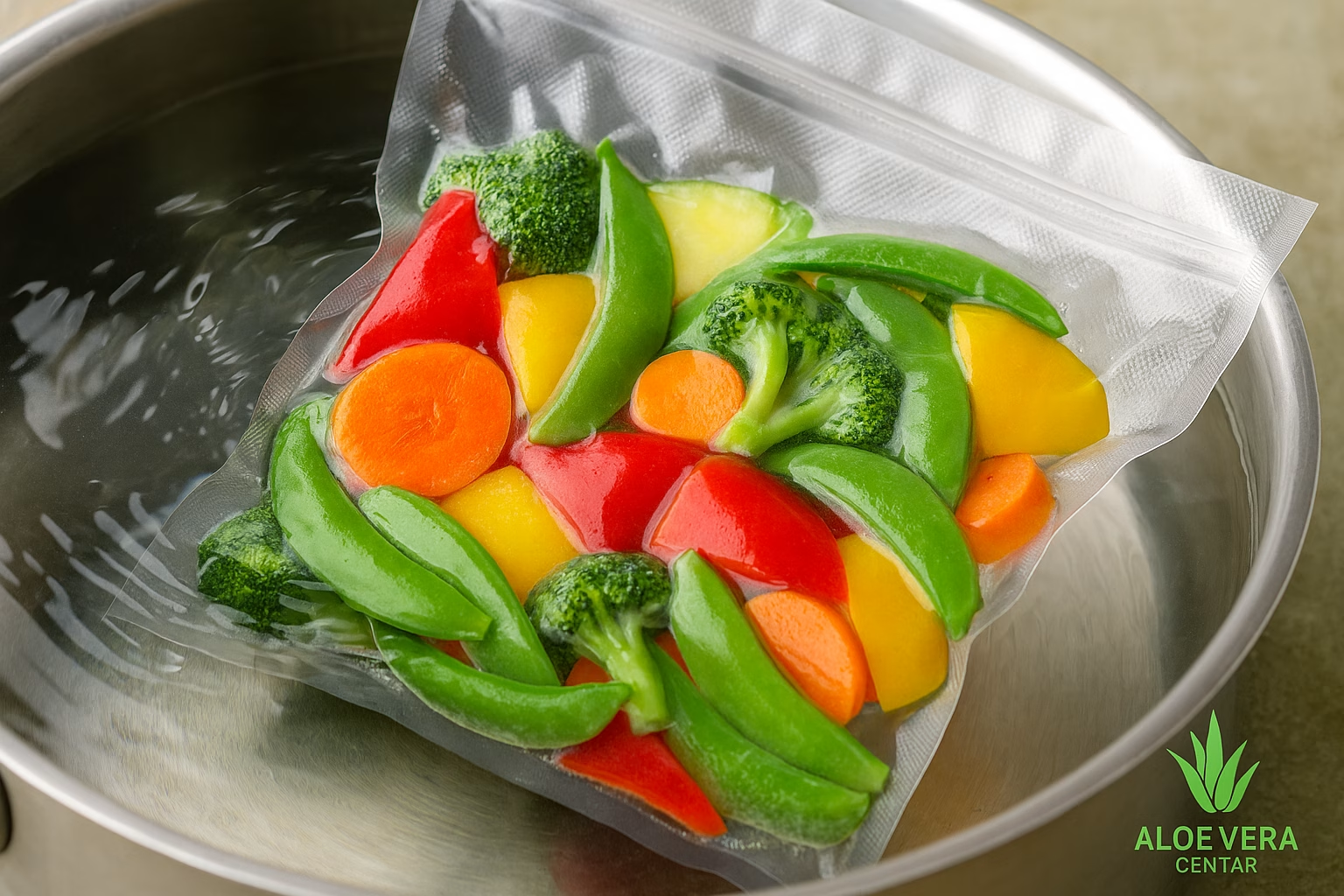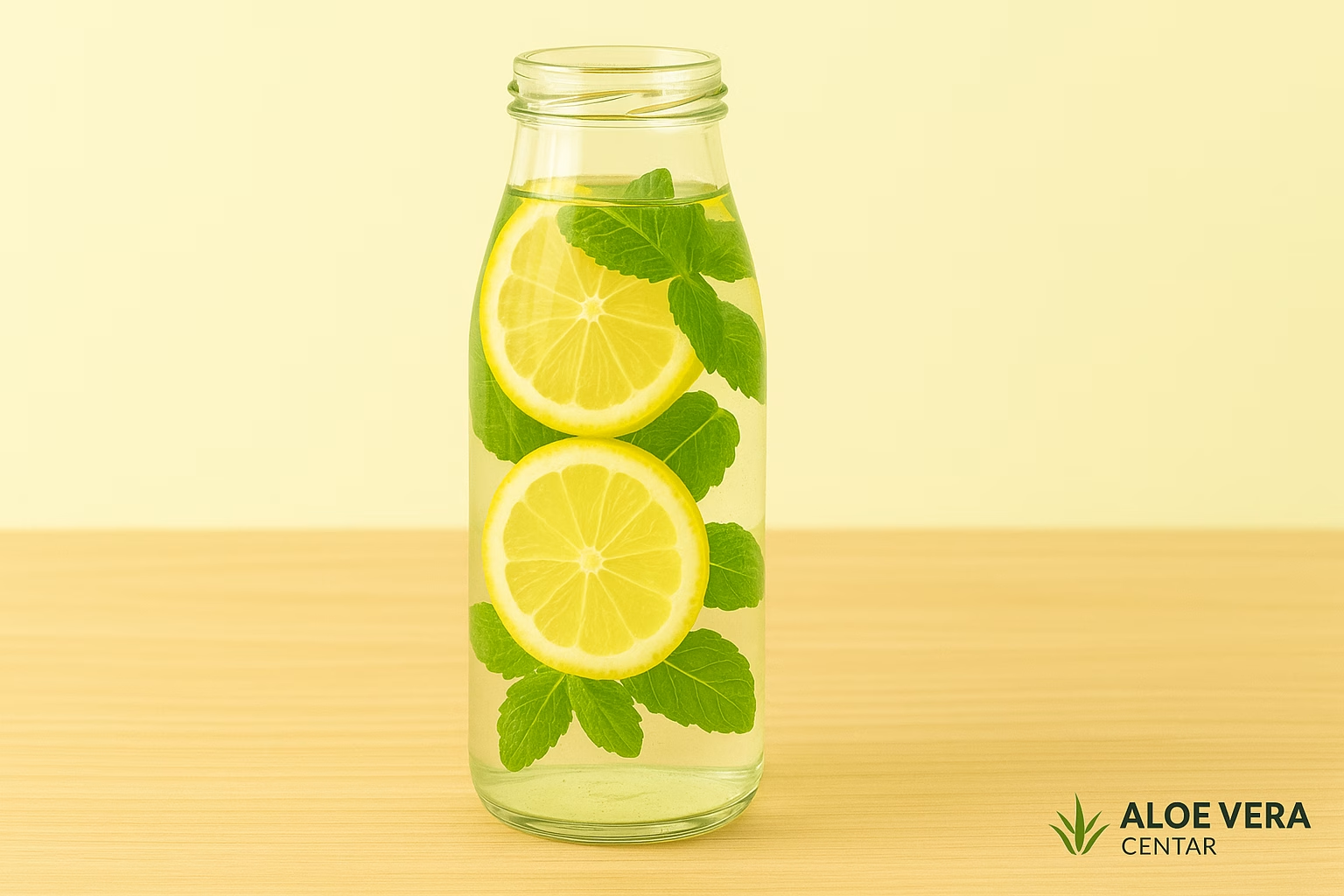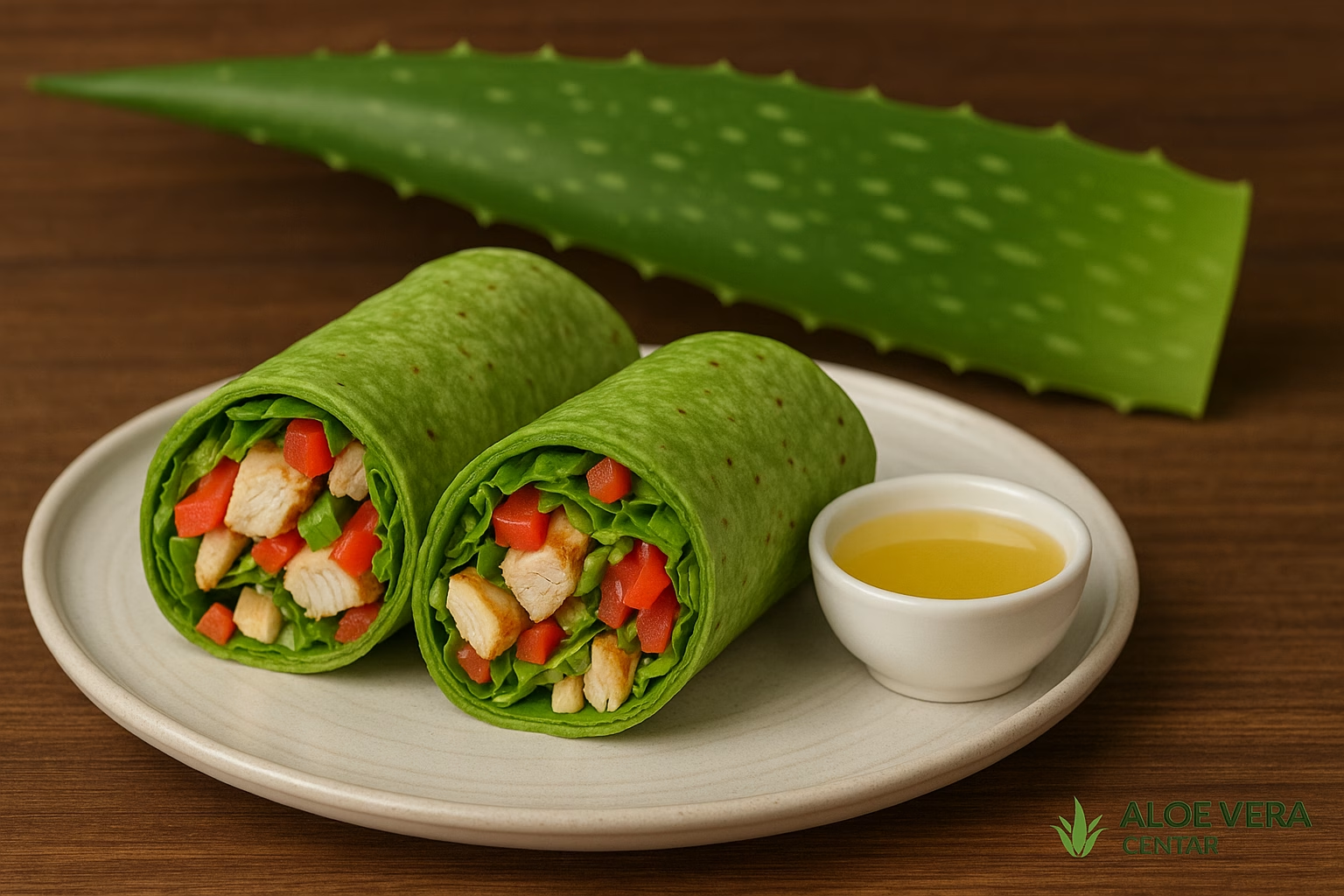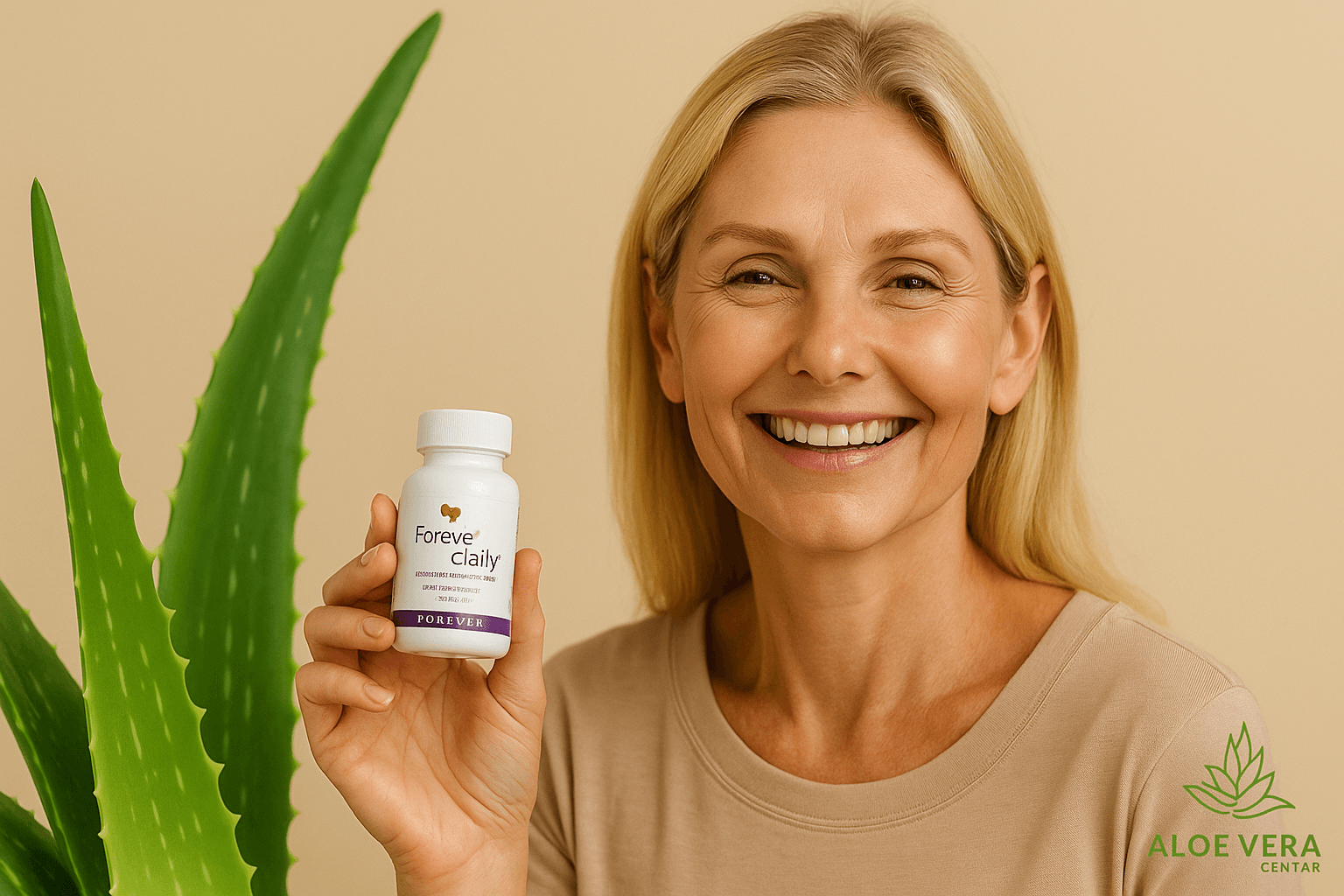
Pregnancy and dietary supplements – safe choices and what to avoid
Pregnancy and dietary supplements: what’s safe and what’s not?
Pregnancy is an exciting, yet challenging, time in every woman’s life. During these nine months, the body undergoes numerous physiological changes, and the need for certain vitamins, minerals, and other nutrients often increases. However, how do you choose the right supplements while avoiding those that may pose a health risk to the mother and baby? In this comprehensive guide, we reveal what you need to consider when using supplements, which are the most commonly recommended supplements during pregnancy, and what you should watch out for.
In the following chapters, we will discuss the importance of key nutrients, explain the role of folic acid, iron, vitamin D, and omega-3 fatty acids, and highlight the specific risks of some other supplements. We will also touch on recommended dosages, expert advice, and research that confirms effectiveness and safety. Throughout the text, we will list useful sources and references to keep you fully informed, and at the end, we add a few important notes and answers to frequently asked questions. If you are pregnant (or just planning a pregnancy), this could be your guide to “ pregnancy and nutritional supplements ” to ensure the healthy development of your baby and the well-being of your own body.
1. Why should you consider dietary supplements during pregnancy?
During pregnancy, a woman’s body goes through a series of hormonal and physiological changes. The need for vitamins, minerals, and other nutrients can sometimes be difficult to meet with a balanced diet alone – especially if a pregnant woman suffers from nausea or has specific dietary restrictions. For example, studies show that folic acid supplements significantly reduce the risk of neural tube defects in the fetus.
Dietary supplements can also be useful in situations where a pregnant woman has been diagnosed with a micronutrient deficiency (e.g. iron or vitamin D). However, they should not be taken “on their own” without consulting a doctor, as excessive intake of some vitamins and minerals can be dangerous. Below, we provide an overview of the most common supplements for pregnant women, highlighting their importance and possible risks.
2. Key nutritional supplements during pregnancy
2.1. Folic acid
Folic acid (vitamin B9) is often the first association when talking about “ pregnancy and nutritional supplements ”. It is recommended to start taking folic acid several months before conception to reduce the risk of neural tube defects in the baby, such as spina bifida. Experts from the Centers for Disease Control and Prevention (CDC) state that women should take 400 micrograms (mcg) of folic acid daily before pregnancy and during the first trimester, but in some cases, a doctor may recommend higher doses.
Folic acid is especially important in the early weeks of pregnancy, when the embryo’s brain and spinal cord are forming. Foods rich in folic acid include green leafy vegetables, beans, oranges, and whole grains, but taking a supplement is often a practical and reliable way for a pregnant woman to get enough of this essential nutrient.
2.2. Iron
Iron is another nutrient that is extremely important during pregnancy. The body uses it to make hemoglobin, and needs increase significantly as the mother-to-be’s blood volume almost doubles. Iron deficiency can lead to anemia, fatigue, and weakness, and the World Health Organization (WHO) points out that anemia in pregnant women is a common global problem.
The recommended daily intake of iron during pregnancy is around 27 mg, although this may vary depending on the individual. Iron supplements can help prevent anemia, but you should be aware of possible side effects such as constipation or stomach upset. The use of mild forms of iron (e.g., ferrous bisglycinate) is often beneficial and less irritating to the digestive system.
2.3. Vitamin D and calcium
Vitamin D is essential for proper calcium absorption and therefore for healthy bone development in the fetus. Pregnant women often have reduced levels of vitamin D, especially those who do not spend enough time in the sun or adhere to certain dietary restrictions. On the other hand, calcium is essential for the formation of the child’s skeletal system.
The recommended daily dose of vitamin D is usually 600 IU (international units), but many experts recommend more, depending on laboratory results. Taking a vitamin D supplement (in combination with calcium) can prevent later consequences such as osteoporosis in the mother. Of course, it is necessary to check the level of vitamin D in the blood and consult a doctor to adjust the dosage.
2.4. Omega-3 fatty acids (DHA and EPA)
Omega-3 fatty acids (especially DHA and EPA) contribute to the development of the baby’s brain and eyes. Pregnant women are often encouraged to consume fish (such as salmon, sardines, or mackerel) at least twice a week, and to consider fish oil or algae-based supplements, especially if they do not eat fish regularly.
Various professional publications emphasize the importance of DHA for the mental development of children. Forever Living, for example, offers the Forever Arctic Sea product, which is rich in omega-3 fatty acids and could be beneficial for pregnant women. Be sure to pay attention to the quality of the supplement and make sure it is clean and safe for consumption (without heavy metals and other contaminants).
3. Dietary supplements that pregnant women should avoid or limit
With ” pregnancy and dietary supplements ” the question of safety is often associated. There are many products on the market with herbs, vitamins and minerals, but not all of them are suitable for pregnant women. Below are a few examples of supplements that are usually not recommended or that you should be especially careful about:
3.1. High doses of vitamin A
Vitamin A is important for fetal development, but in excessive amounts it can be toxic and increase the risk of fetal damage. The safest form of vitamin A intake is through beta-carotene (e.g., in carrots and pumpkin), as the body itself converts beta-carotene into active vitamin A as needed. Excessive intake of retinol (the active form of vitamin A) – whether through some supplements or through liver and some canned pâtés – can risk developmental complications.
3.2. Herbal preparations with unknown effects
Many herbal supplements (such as various tinctures, herbs, and teas) have not been tested in pregnant women, so their safety is questionable. For example, St. John’s wort and ginkgo biloba may affect blood clotting or hormones. It is therefore recommended that pregnant women avoid such preparations or consult a doctor beforehand.
3.3. Caffeine and weight loss products
High doses of caffeine (more than 200-300 mg per day) can be problematic during pregnancy, and supplements containing high levels of caffeine or other stimulants are often on the market. Also, weight loss products, “fat burners,” and similar supplements are almost never tested on pregnant women. During pregnancy, the primary goal is the healthy development of the baby, not aggressive weight loss.
4. The role of a balanced diet and hydration
Although nutritional supplements are useful, the foundation of health during pregnancy is a quality and balanced diet. Foods rich in protein (lean meat, fish, eggs, legumes), fresh fruits and vegetables, whole grains, and dairy products (or alternative plant sources of calcium) should form the basis of your daily diet.
It is important to drink enough water, especially during the summer months or if a pregnant woman is engaging in any physical activity adapted to pregnancy (e.g., light walking, prenatal yoga). Dehydration can lead to premature contractions and other complications.
For some pregnant women, their diet may not cover all their micronutrient needs, especially if they suffer from nausea or have special dietary habits (vegetarian, vegan). This is where nutritional supplements can play an important role, but always with professional advice.
5. Forever Living products and pregnancy
Forever Living is well known for its aloe vera based products and various nutritional supplements. When choosing, however, pregnant women should be careful – not because the products are necessarily inadequate, but because each supplement should be evaluated individually. Here are a few products that are most often mentioned in the context of ” pregnancy and nutritional supplements “:
- Forever Aloe Vera Gel – Some claim that aloe vera juice can support digestion and immunity, but pregnant women need to be extra careful due to the possible laxative effect. It is always advisable to consult a doctor.
- Forever Arctic Sea – As we mentioned, omega-3 fatty acids are important for fetal brain and eye development. This fish oil and calamari oil product can be a good source of DHA and EPA.
- Forever Bee Propolis – Propolis is sometimes used to boost immunity. However, herbal and bee products should definitely be introduced with caution, especially if the pregnant woman is not sure of possible allergic reactions.
- Forever Daily – Multivitamin complex containing various vitamins and minerals. It can help fill nutritional gaps, but be sure to check the doses of individual ingredients and match them with the prenatal vitamins prescribed by the doctor.
For all inquiries about specific products and current discounts, visit the official Forever offer , but we always emphasize that advice from a medical professional is essential before using any supplement.
6. Frequently asked questions about pregnancy and nutritional supplements (FAQ)
1) Should I take a prenatal multivitamin?
Most doctors and gynecologists recommend prenatal vitamins that contain a balanced dose of folic acid, iron, and other nutrients important for pregnancy. For some women, just a certain set of vitamins is enough, while others may need additional intake of iron, vitamin D, or another micronutrient. Prenatal vitamins are usually formulated to meet a pregnant woman’s daily needs without exceeding safe limits.
2) Can I take fish oil or omega-3 fatty acids even if I eat fish?
Yes, taking a supplement with omega-3 fatty acids (DHA and EPA) can be beneficial even if you eat fish once or twice a week. Of course, it is important to choose a quality source that is free of heavy metals or other contaminants. Omega-3 fatty acids are essential for fetal brain and eye development, and may also contribute to cardiovascular health.
3) Is it safe to take probiotics during pregnancy?
Most probiotics (e.g. lactobacilli, bifidobacteria) are considered safe during pregnancy and can help maintain a healthy gut flora. However, as with anything else, it is recommended to check with your doctor or pharmacist which probiotic is best for your needs and whether there is a specific form that has been tested for pregnant women.
4) What if I have nausea and vomiting? How do I take supplements?
Nausea (morning or daytime) is a common problem in early pregnancy. Taking supplements can be difficult, especially if the smell or taste of the capsules irritates you. Try taking them with a small meal or at a time of day when nausea is minimal. Some people find ginger helpful, but this should be done in moderation. If you still have problems, talk to your doctor about alternative forms of supplements (e.g., liquid or powder) and possible anti-nausea medications.
7. Conclusion: Safety and professional advice come first
When it comes to “ pregnancy and supplements ,” it’s important to remember that every pregnancy is unique. While there are generally accepted guidelines for folic acid, iron, vitamins D and C, and omega-3 fatty acids, it’s always important to follow the advice of a doctor or nutritionist. Some products, even if they seem completely natural or “harmless,” may have side effects or interact with other supplements and medications.
Therefore, the best recommendation is for a pregnant woman to work closely with a healthcare professional, monitor her laboratory results, get regular checkups, and adjust her supplement intake according to her actual needs. If you are looking for proven solutions, you can also explore some of the quality options from the Forever Living offer. In that case, click on the official discount offer to secure benefits and additional information.
Protect your health and the health of your baby by staying informed, making well-considered decisions, and never neglecting the value of professional advice. Every pregnancy deserves special care and attention, so let your journey be guided by responsibility and a desire for a healthy start to a new life.
Note: This content is for informational purposes only and is not a substitute for professional medical advice. For specific recommendations and customized instructions, please consult your doctor or a qualified professional.

